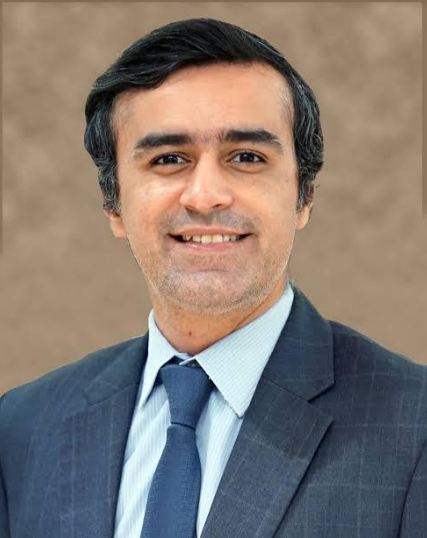Lahore, JUN 23 /DNA/ – President of Pakistan Business Forum (PBF) Lahore Chapter, Muhammad Momin Ali Malik said that South Asia with its diversified resources and skilled workforce has tremendous potential be the fastest-growing exporting region to the globe.
Talking to media on Friday, he said our region is experiencing rapid economic growth, but we must also confront a range of complex issues and barriers to trade that limits cross-border regional trade,” he added.
The Intra-trade among SAARC countries continues to be low ranging between 5-7 per cent of total trade. In addition, this is declining every year. “On the other hand, we are seeing increased integration in other regional blocks,”
He said Intra-regional trade is over 40 per cent in NAFTA, 68 per cent in EU, 27 per cent in ASEAN. Their economic integration is directly tied to their GDP per capita, higher productivity and, lower poverty and unemployment, he added.
PBF District President said that it is imperative for all to draw lessons from the successes achieved by other regional agreements, and channel their experiences of regional identity and solidarity into our efforts to propel SAARC towards new heights.
“It is our responsibility to find innovative and sustainable solutions to these challenges, and to work together to create a brighter future for the people of our region,” he opined.
The priority will be given to enhance collaboration on sectors with high growth potential such as information technology, manufacturing, energy, tourism, and agribusiness that derive tangible results, the PBF officials added.
He also said it is unfortunate that SAARC has held only 18 Summits since its inception, which is a violation of Article 3 of the SAARC Charter itself. The prevailing political problems and bilateral disputes of respective member-states mainly caused delays. As of now, SAARC has conducted 18 Summits, ten in the first 15 years of its existence (1986 – 2000) and eight in next 15 years (2001 – 2016) which highlight that frequent cancellations have occurred over the last 15 years.
The experience of last 35 years suggests that, SAARC as an institution cannot be a tool for “regional integration” due to Indo-Pak Rivalry as their rivalry is so profound that it cannot be addressed in terms of a regional solution, which happens to be the major reason for not conducting the summit.
In the year 2020, Mr. Nilambar Acharya, Nepal’s envoy to India made a statement that “SAARC is alive and there will be a summit in future”, which came as a ray of hope.
A successful SAARC Summit must be take place in Pakistan and India must come forward with a good heart to join it.
Similarly on the question of Special Investment Facilitation Council (SIFC) as notified by Government of Pakistan, malik said SIFC is likely to create job opportunities for the unemployed youth of Pakistan. And aa rough estimate, SIFC will provide job opportunities for 15 to 20 million people directly while it will provide indirect job opportunities for another 75 to 100 million people of Pakistan in the next five years. As announced, this project will generate “exports of $70 billion and import substitution of equal amount in the next four to five years. “The SIFC plan will also increase Pakistan’s foreign direct investment by $100 billion.”
Pakistan Army has consented to provide its services in the management, coordination and the success of the project. It will have a dominating role towards the success of the project until its take-off. We must understand “Economy is the start and end of everything” for every sovereign state. Despite heavy taxes and exceptionally high levies on all goods and utilities, the economy of the state is falling down with each passing day.
Momin Ali Malik also viewed the way forward is a massive restructuring of the economic management of Pakistan through serious, innovative and revolutionary steps where foreign economic dependence needs to be minimized. The non-developmental expenditure must be reduced and PBF hopes that the SIFC works for a workable plan to revive the economy of Pakistan while making use of indigenous national resources of Pakistan.











